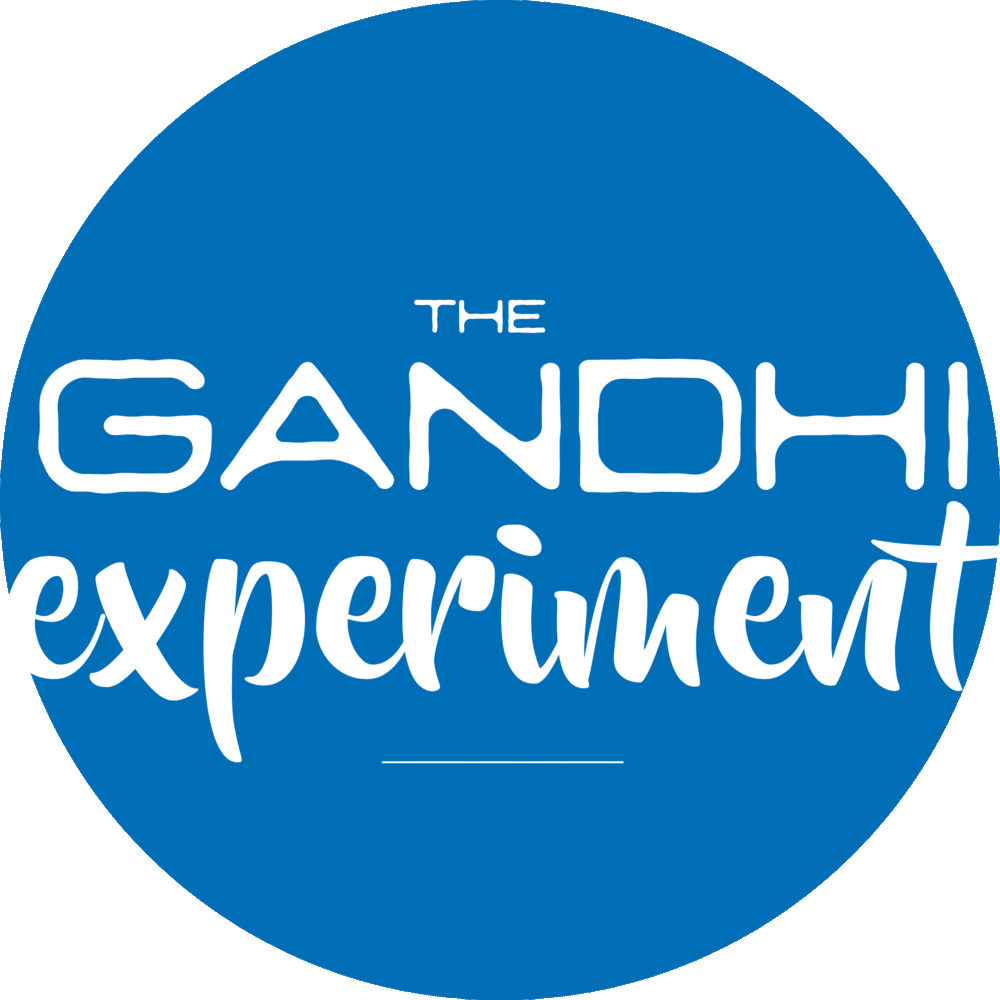A question that speaks to the heart of who we are as Australians. A question that is relevant to all nations across the globe.
Are we an inclusive nation?
Many, many years ago as a teenager in secondary school, I learnt in our History class, that the Protestant Irish celebrated a holiday, parading through the streets, on a day that marked an Irish Catholic massacre. Even as a young girl at that time, I could feel the lack of empathy. I wondered why they did this and couldn’t they simply celebrate their special day on another date? There appeared to be a lack of willingness to understand and resolve. The ‘victors’ dancing on a day of sorrow for the ‘other.’
I am a teacher of some 30 years now, having taught English, Humanities and Indigenous Studies throughout that lengthy time. Interestingly, one of the main focuses for our pre-service teachers, i.e. our next generation of teachers in Australia, is to learn to teach the value of inclusivity and to model this through their teaching methodologies.
Inclusivity is highlighted in our National Curriculum as being of primary importance for our young people to grow as healthy, well-adjusted individuals. Then surely we also need to look to celebrating this value as an Australian nation.
I recently went on a tour of so called ‘orphanages’ that held aboriginal children of the Stolen Generations, a period of time that ran (approximately) from 1910-to early 1970s. I am sure I do not need to tell you these children were not orphans. I was horrified by the tour; the horror came from the ‘what was still being said now’. It felt like we were back in the 1930s and that the prevailing attitude of that time was still being carried by this tour guide. I was deeply concerned and I don’t even want to refer to the words she used to describe Aborigines. She also presented some of the stories that were told to Aboriginal children to stop them looking for their mothers as though they were truths.
I want people to know that in certain places in our country, this is how our history is still being told.
I spoke privately with the tour guide afterwards, inviting her to listen to another way that this story could be told; inviting her into a narrative that needs to be shared and deeply understood if real change is to occur. Finally, I added, “You have an amazing opportunity here for real learning, education and for healing to occur, if you can open to a different perspective.”
It is my belief that we have this same opportunity for learning and healing by changing the date of Australia Day.
Our Prime Minister, Scott Morrison, recently declared that local councils will be forced to hold Australia Day ceremonies on January 26, even if the councillors personally believe this should not be happening. Many see this as an unusual and authoritarian stance. In my own experience as a teacher of many years, we would be better to apply critical thinking and utilise Collaborative Debating to open up the topic to exploration. In this way, we do not tell people what to think, yet we invite them to think.
Let’s be very clear, Australia Day falls on January 26. This is the day that Captain Arthur Phillip stabbed a flag in the soil of, what they had named, Sydney Cove. If we want to be pedantic, on that day they claimed the colony of New South Wales, and a penal colony at that. Not a nation, not Australia!
There is nothing pedantic in stating and understanding that this was the beginning of a genocide for the peoples of the British Government’s “Terra Nullius.”
If we continue to celebrate on a day that many of the First Peoples and others regard as a day of mourning but as a nation, we can’t see or understand or empathise – then that is an ongoing tragedy. Where is the inclusivity we are teaching, put into practice? It is time to change.



















